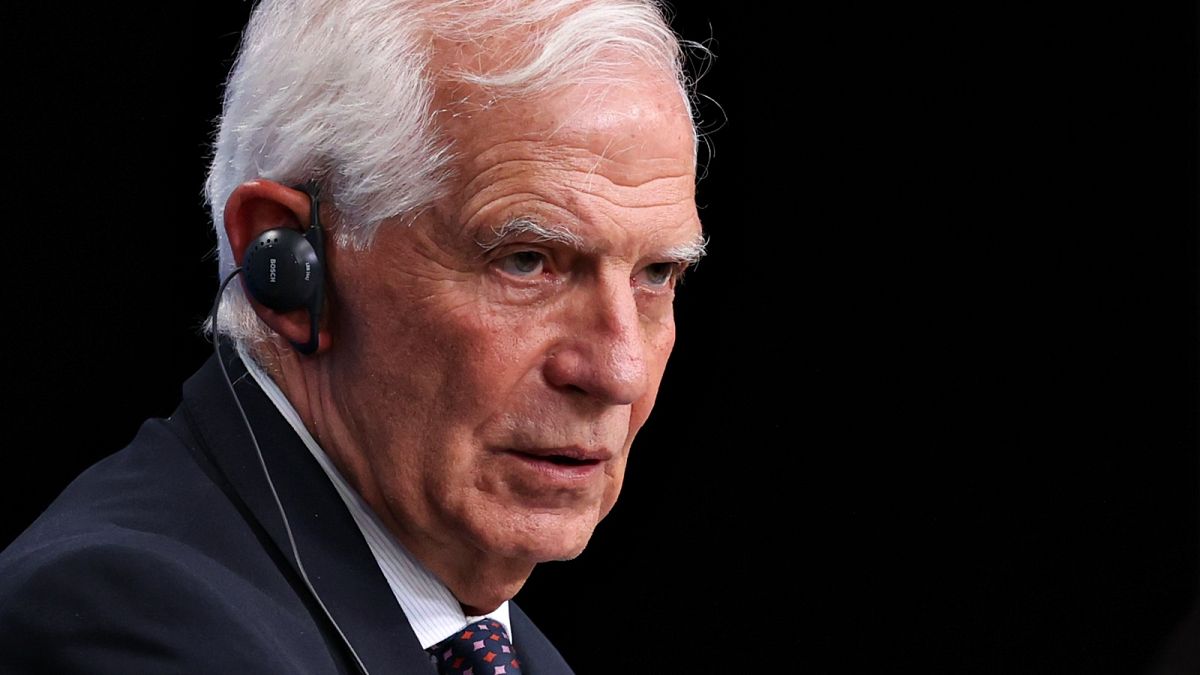The Hungarian Prime Minister Viktor Orbán’s controversial travels to Moscow and Beijing to discuss the war in Ukraine have sparked a sharp rebuke from EU foreign policy chief Josep Borrell. Borrell emphasized that Russia is the aggressor in the conflict, while Ukraine is the victim exercising its right to self-defense. He criticized Orbán’s “peace mission” for ignoring these basic truths and ultimately benefiting Putin without bringing peace.
Borrell highlighted that Hungary, as an EU member state, is obligated to actively and unreservedly support the bloc’s foreign policy in a spirit of loyalty and solidarity. He emphasized that compliance with EU treaties is not optional for member states and expressed concern over Orbán’s lack of loyal cooperation. The EU foreign policy chief made it clear that Orbán’s actions regarding the war in Ukraine constitute a breach of this obligation.
In response to Orbán’s actions and rhetoric disparaging the EU’s support for Ukraine as a “pro-war policy,” Borrell announced that the informal meeting of foreign ministers, Gymnich, scheduled to take place in Budapest would be moved to Brussels. Borrell stressed that this decision was not a boycott but rather a symbolic signal of consequences for opposing the EU’s foreign policy. He criticized Orbán’s veto of military assistance for Ukraine, affecting €6.6 billion in reimbursements, calling it “shameful.”
Borrell reiterated that the only party advocating for war in the Ukraine conflict is Putin, not the European Union. He emphasized the importance of sending a strong signal against actions that undermine EU foreign policy. Despite the criticism from 25 EU member states, with Slovakia being the only exception, Borrell insisted on the need for consequences for Orbán’s actions and statements regarding the war in Ukraine.
Acknowledging the ongoing blockage of military assistance for Ukraine due to Hungary’s veto, Borrell expressed disappointment at Budapest’s stance. He warned that the lack of reimbursements could discourage other EU capitals from providing further military aid to Kyiv. Borrell condemned Hungary’s continued obstruction of EU support for Ukraine as unacceptable and detrimental to the bloc’s efforts to address the conflict effectively.
In conclusion, Borrell’s criticism of Orbán’s actions and statements regarding the war in Ukraine reflects the EU’s commitment to upholding its foreign policy principles and supporting Ukraine’s right to self-defense. The decision to move the Gymnich meeting from Budapest to Brussels serves as a symbolic response to Orbán’s defiance of EU solidarity. The ongoing dispute over military assistance for Ukraine highlights the challenges posed by diverging national interests within the EU and the need for collective action to address conflicts in the region effectively.











